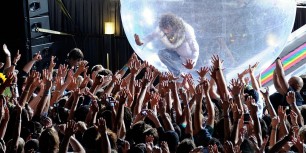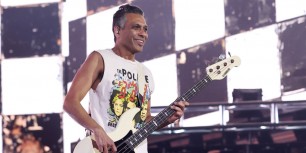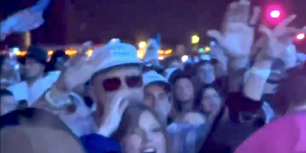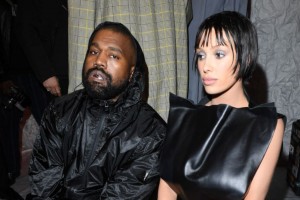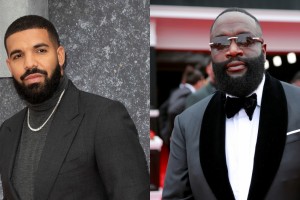So the NFL has decided that if performers want the honor of headlining the biggest gig in the world (more than 115 million tuned in to watch Bruno Mars at the 2014 game), they should pay the league a portion of their post-Super Bowl touring profits.
That's essentially the NFL claiming that the acts involved—reportedly Katy Perry, Rihanna or Coldplay in this case—that they couldn't possibly sell out an arena by themselves. This is a tad greedy from a league that doesn't actually pay the performers to play an event worth $470 million. No wonder the the suggestion received a "chilly reception" from the musicians involved.
Paying an authority for the right to perform...that sounds somewhat familiar to us. Payola, anyone? Okay, technically not as the NFL is a private business and there's nothing illegal about them charging an act to play, whereas payola—or labels paying radio stations to play their music—is a crime because of the public status of radio airwaves.
For those unfamiliar, here's a brief history of some of the biggest events in payola history (you're off the hook this time, NFL).
1959: The federal government first took interest in the concept of radio payouts during the Congressional Payola Investigations of 1959. The airwaves of the era were more strongly controlled by DJ's who could play whatever they pleased, hence why record labels saw fit to bribe big-name disc jockeys to play the singles the labels wanted. Dick Clark and Alan Freed, the inventor of the term "rock 'n' roll," were both associated with the payola scandal (Clark's career recovered, while Freed struggled to find work and ultimately died young as a result of alcoholism). DJ's weren't the only ones used however. Labels forced bands to do free events for stations in return for airplay. As a result of the Payola Investigations many stations transferred responsibility for content from DJ's to the company holding the station.
1986: So now that the government has a watchful eye on the big record labels, how do they go about getting their songs played without handing money directly to radio stations? By having independent promoters do it for them! The middleman option works great for years until a 1986 report from NBC Nightly News labels it "the new payola," a phrase the government doesn't want to hear. Soon enough a new Congressional investigation is launched. The labels suck it up and begin dealing with stations directly and supposedly innocently.
2002: The government realizes that it might not be seeing the forest for the trees. Although labels couldn't realistically pay DJ's and individual stations anymore, it seemed perfectly able to make huge deals with overarching chains. Elliot Spitzer, then the attorney general for the state of New York, launches an investigation against New York City-based labels such as Sony/BMG, Warner Music and the Universal Music Group on allegations that the company made deals with huge radio chains. More than $27 million in fines were levied against those three parties but EMI remains under investigation.
2007: Another series of dealings with middlemen cause the FCC to formally declare the legal loophole illegal. CBS Radio, Citadel, Clear Channel and Entercom ended up paying a combined $12.5 million in fines. The stations involved agree, and not necessarily because the government told them to, to just stop dealing with independent promoters.
Ongoing: Payola isn't limited to primary Western markets nor is it unlimited strictly to the recording industry. In an alarming trend, multiple cases have been cited of drug cartels using performers as a money laundering scheme. Essentially, through an agreement with radio chains, the cartels pay for musicians to appear. These performers are suddenly getting radio play and promotion with no previous success, and then disappearing just as quickly as they emerged, used only to legitimize the cash inflow of the cartels. The performers can't stay famous for too long lest the authorities catch on and investigate.

